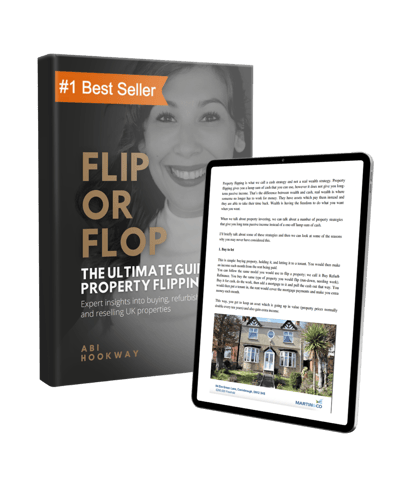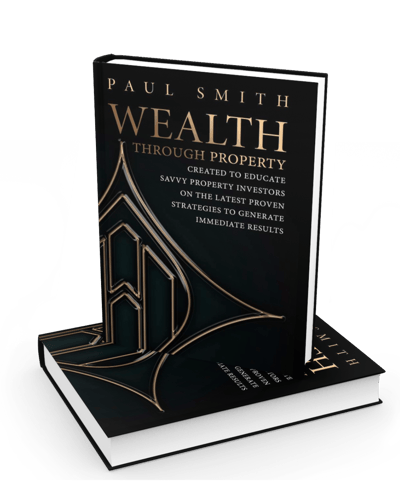Retirement is a goal that many of us would like to reach one day, but how much do you need to retire comfortably in the UK?
The flexibility to do what you want and when is afforded to people who retire and is funded by pensions, savings that accumulated through the person’s lifetime and topped up by employers and often the state.
In this blog post, we will look at the cost of retirement and explore what savings are needed to ensure that you have enough income to enjoy your golden years.
What is retirement?
Retirement is the phase of a person’s life when they choose to cease their involvement in employment. This may be due to old age or illness, whereby continuing work is no longer possible, or because they have reached an age where they are eligible for private or state pensions.
It can also come unanticipated due to unforeseen accidents and illnesses.
What are pensions?
A pension is essentially an investment product which allows you to save up for your retirement. It has specific rules around how much can be saved and when it can be accessed. There are three main types of pension: defined contribution, defined benefit, and the state pension.
What is the cost of retirement crisis?
The cost of retirement is something that many people struggle with. In the UK, a single person seeking a comfortable retirement needs to save a cool £500,000 by the age of 67 in order to cover their costs and still have some money left over for leisure activities. This leaves many households struggling to save enough due to increasing pressure on wages, soaring living costs and growing mortgage payments.
To put those figures into perspective, an individual or couple looking for a ‘moderately comfortable’ retirement should aim to save around £248,000-£328,000 respectively. The minimum pension is however around £12,800 for singles per year and at least £19,900 for couples.
According to the Department for Work and Pensions (DWP), a full-time male median wage employee who begins saving at 18 is expected to save into their workplace pension by the age of 68 under current automatic enrolment minimum contributions. It is £93,000 for the equivalent female worker because of lower female median earnings.
For individuals actively contributing to a workplace defined contribution pension scheme, their median pot size ranges between £1,000 for those aged 16-24 and £18,000 for those aged 65-plus. For all active occupational pension schemes including defined benefit ones, the range is between £2,200 for those aged 16-24 and £62,400 for those aged 55-64. The amount the average private sector employee eligible for auto-enrolment and saving into a workplace scheme saved annually into their pension has increased from £1,200 in April 2017 to around £2,900 in April 2021.
In terms of how much income you will need to retire comfortably in the UK, the average income for pensioner “units” (including single pensioners and pensioner couples) who recently reached state pension age is reported by the DWP as being £670 a week. This can be broken down by benefit income (£109 per week), occupational pension income (£158 per week), personal pensions income (£80 per week), investment incomes (£23 per week), earnings (£82 per week) and other incomes (£218 per week).
How much money do you need to retire?
The answer to how much money you need to retire comfortably in the UK is largely dependent on individual circumstances.
Generally speaking, the minimum amount of income required for a single person to survive and live with dignity is £12,800 or £19,900 for a couple. A moderate lifestyle will require a single pensioner to have an income of £23,300 a year and for a couple it would be £34,000 (or £41,400 if you are in London). Those who want something more luxurious may need an income of up to £37,300 per year as a single person or up to £54,500 per year as a couple.
It is also important to note that many people will likely need more than the minimum amount to cover a mortgage and other expenses. Ultimately, it is important to plan ahead and talk to a financial advisor to ensure that you have enough savings for a comfortable retirement.
How to avoid the cost of retirement crisis
The cost of retirement crisis can be avoided by increasing savings and equity – and this can be achieved with a degree of ease through property.
Property investments provide you with an asset that increases in value over time and also mean that you can generate regular passive income through property tenants (commercial or residential).
By utilising commercial pensions such as SIPPs, you have the potential to add huge amounts to the pension pot and use this alongside property investments. The recent changes to business tax and pensions announced in the Spring Budget, provides the potential to maximise earnings ahead of retirement.
Touchstone Education founder Paul Smith said, “Due to a wide range of economic factors, notably inflation, the cost of living is getting tougher and there is also a cost of retirement crisis emerging. Now it is important more than ever before that you utilise your pension to get the most of your wealth, so that you do not struggle to afford retirement costs that many people will face.
“Complimenting your pension with property is a proven, effective way to manage the current pressures on individuals and households”
Wealth Through Property is the UK’s leading 2-day property investment course. It is designed to provide you with specialist knowledge of proven investor
strategies. Learn how to get started and build your property portfolio and gain real-world advice.
Alternatively, make the first steps on your property journey, claim your free Wealth Through Property e-book.
To find out more information about the property investment courses we offer call us on 01302 897131 or email office@touchstoneeducation.li.










